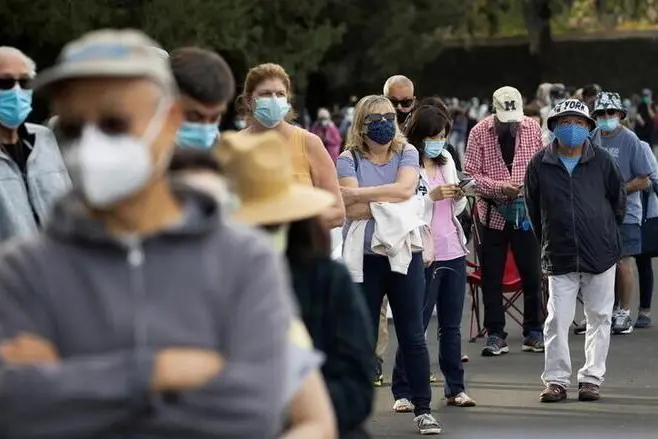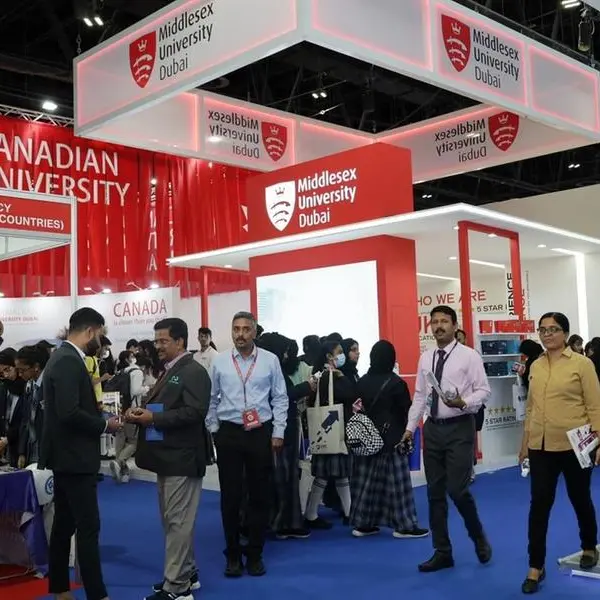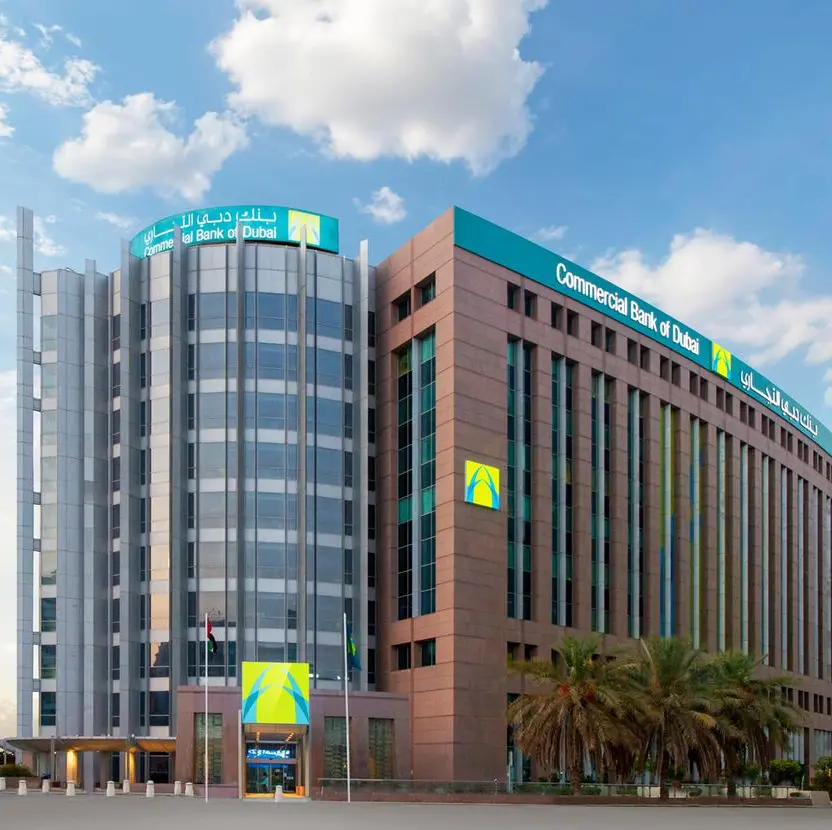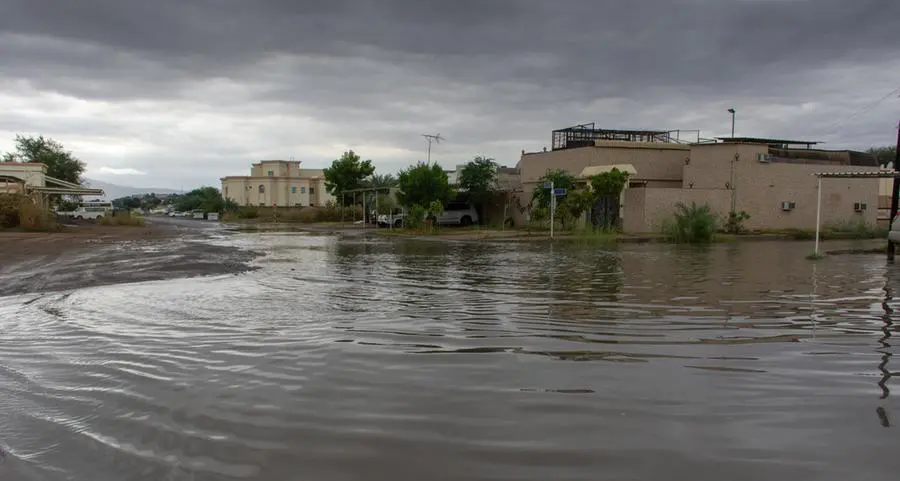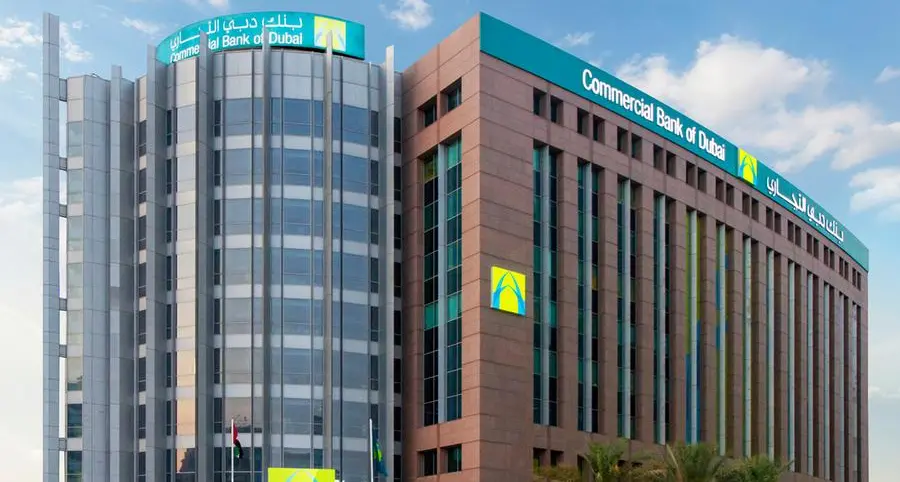PHOTO
At their virtual summit last year, G20 leaders promoted global cooperation in fighting the coronavirus, with particular emphasis on how Gavi, the Vaccine Alliance, would support poorer countries in gaining access to vaccines.
The Ottawa Group, 13 World Trade Organization partners including the EU, said they would increase their cooperation and propose global rules for trade in essential medical products, which it was thought would afford low-income countries better access to vaccines.
Fast forward two months, and where are we? The global death toll from COVID-19 has passed 2.2 million, and the fight for access to vaccines has become downright hostile.
The latest unsavory spat began when the pharmaceutical giant AstraZeneca told the EU it had encountered production difficulties, and could not deliver the quantity of vaccine doses it had promised by the end of March. The European Commission responded by first demanding that AstraZeneca fulfil its contract by diverting supplies ordered by the UK, then threatened to restrict vaccine exports from the EU; these included shipments across the Irish border, which would have been a clear breach of the Brexit agreement so tortuously reached with the UK.
Swift and decisive action in a crisis has never been the EU’s strong suit; it was late in ordering vaccines, and placed its bets on some pharmaceutical companies, such as the French giant Sanofi, who have failed to deliver. As a result, people in several EU member states, particularly Germany and France, compare their snail-like national vaccination efforts with the rapid progress elsewhere, such as the UK and Israel.
Politicians never fail to capitalize on calamity, particularly if they have elections this year. Bavaria’s Prime Minister Markus Soeder bemoaned that grandchildren in Israel were already inoculated while their grandparents in Germany were still waiting. In the Netherlands, there were even riots in the streets.
If access to vaccines in wealthy countries can be this acrimonious, what hope is there for developing nations?The facts are chilling. According to Oxfam, 100 percent of the Moderna vaccine and 96 percent of the Pfizer-BioNTech vaccine have been purchased by the world’s richest countries, with only 14 percent of the world’s population. The People’s Vaccine Alliance warns that nearly 70 poor countries will be able to vaccinate only one in 10 of their people this year.
Economic and medical research suggests that an equitable distribution of vaccines across the globe is pivotal. A study by Northeastern University in Boston found that vaccine nationalism could almost double the global death toll compared with fair distribution. The US immunologist Dr. Anthony Fauci warns that as many people needed to be vaccinated as quickly as possible across the globe to curb the spread of the virus, and even more importantly to prevent its mutation into highly contagious strains such as those that have emerged in the UK, Brazil and South Africa.
At last week’s virtual World Economic Forum in Davos, global leaders again stressed the importance of an equitable distribution of vaccines throughout the world. IMF managing director Kristalina Georgieva said: “If we ensure quick, equitable access to vaccines everywhere, in five years it would add $9 trillion to the global economy. If we don’t, we all pay the costs in lives and livelihoods.” That is a powerful case against resource nationalism.
On the other side of the equation there is vaccine diplomacy, as China and Russia try to generate goodwill and forge closer alliances with a select group of countries by sharing their vaccines. China embarked on that course in the early stages of the pandemic when it sent planeloads of personal protective equipment to the worst-affected countries.
Science and common sense both dictate that humanity as a whole will be better served if we distribute vaccines equitably among nations, but that truth is in direct conflict with the understandable instincts of national leaders who want to protect their own people first.
Somehow we need to break that vicious cycle. We can only hope that as more vaccines gain approval and as production is ramped up, wealthy nations will find it in their hearts to share vaccines with developing countries and support them in financing efforts to inoculate their people. This is in the interest of the world at large, for if we fail to cooperate and share equitably, we shall all suffer in the end.
- Cornelia Meyer is a Ph.D.-level economist with 30 years of experience in investment banking and industry. She is chairperson and CEO of business consultancy Meyer Resources. Twitter: @MeyerResources
Copyright: Arab News © 2021 All rights reserved. Provided by SyndiGate Media Inc. (Syndigate.info).
